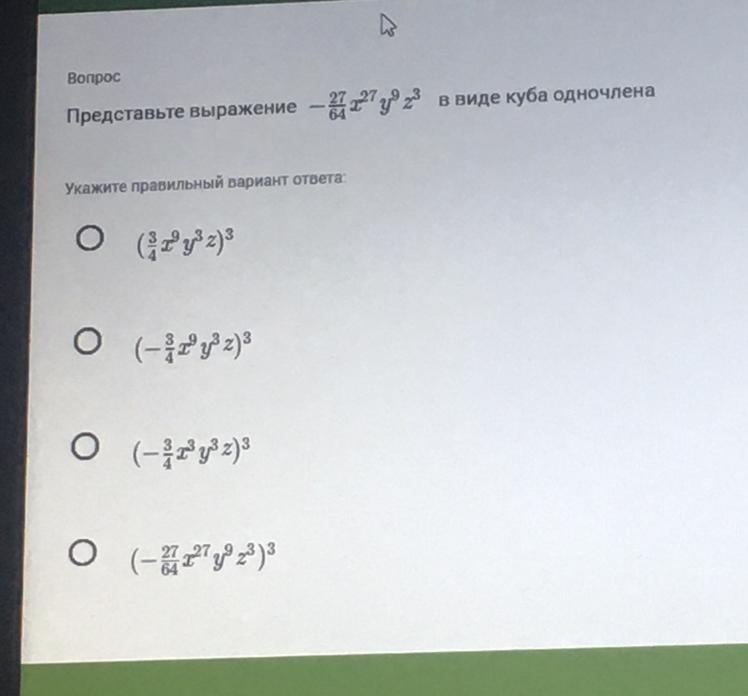Предмет: Алгебра,
автор: vikaashool
без решения,заранее спасибо
Приложения:

Ответы
Автор ответа:
1
Второй сверху вниз
Объяснение:
Похожие вопросы
Предмет: Русский язык,
автор: sergey5071973
Предмет: Другие предметы,
автор: ром47564
Предмет: Українська мова,
автор: al4ievs
Предмет: Химия,
автор: ааааааааогрли